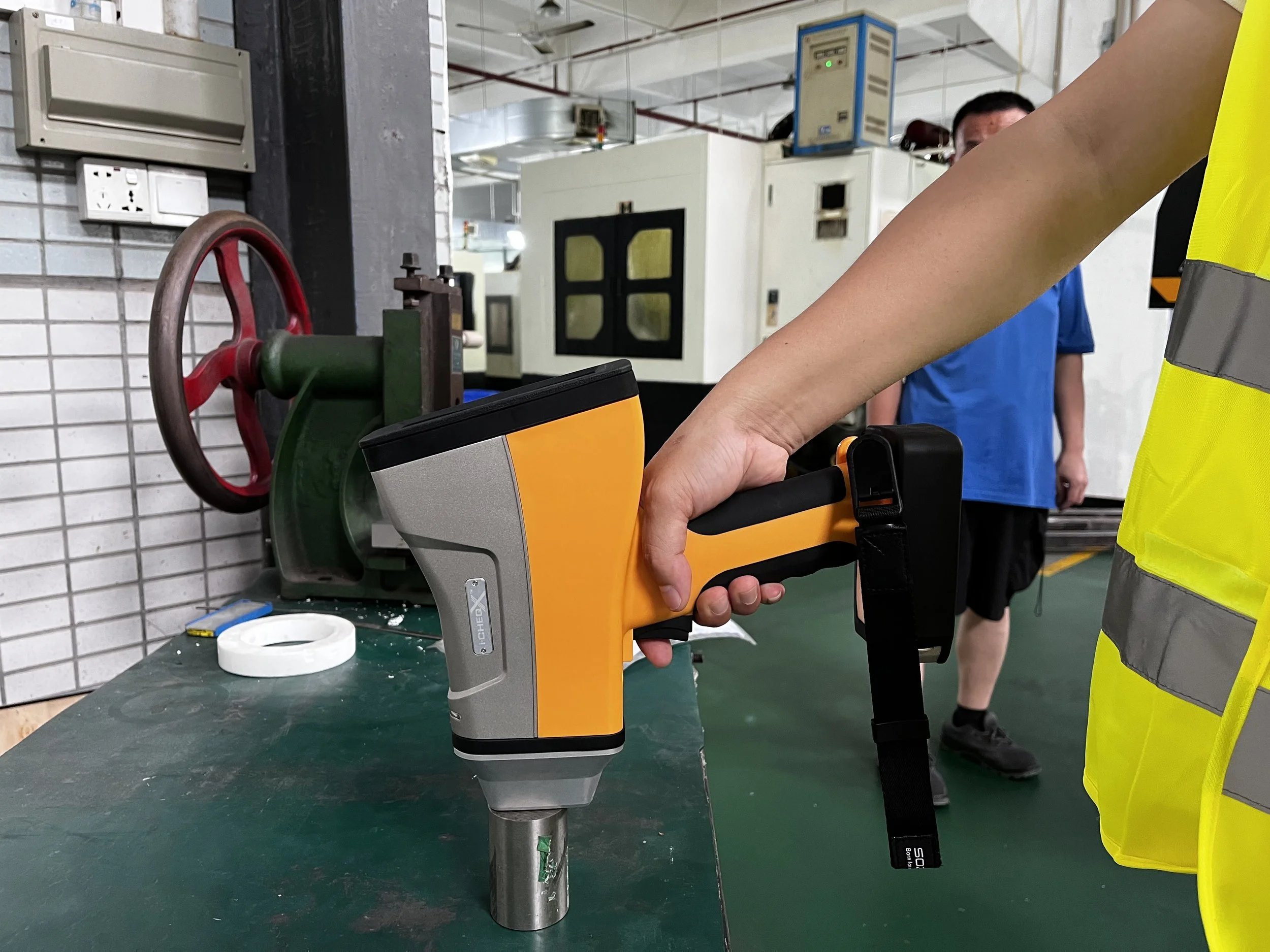Enhancing Bearing Manufacturing: The Role of QA/QC in Promoting Sustainability
Quality Assurance (QA) and Quality Control (QC) are integral to bearing manufacturing, ensuring adherence to industry standards and boosting overall efficiency. Beyond maintaining product quality, QA/QC processes play a crucial role in meeting regulatory requirements, including environmentally friendly green standards. This coordination significantly reduces the environmental impact throughout the bearing's lifecycle, underscoring the importance of sustainable manufacturing practices.
QA/QC in bearing production actively supports key aspects of sustainability, such as energy efficiency, product longevity, waste reduction, and adherence to environmental regulations. Here’s how:
Design Optimization: During the research and development phase, materials undergo sustainability testing. New designs, supported by rigorous QA/QC protocols, aim to minimize friction, enhance energy efficiency, and support mechanical sustainability. Reducing friction can lead to design improvements like lighter bearings, which contribute to lower energy consumption.
Extended Lifespan: Reliable QA/QC processes reduce the likelihood of defects that cause premature bearing failure. A longer lifespan means fewer replacements, which translates to decreased resource consumption over time.
Waste Reduction: QA/QC helps minimize waste by identifying and correcting defects in the manufacturing process, such as the use of incorrect materials. Accurate QA/QC practices allow manufacturers to reduce reject rates and rework, leading to more efficient resource utilization.
Sustainable Materials: Incorporating material analysis into QA/QC processes enables manufacturers to verify the use of environmentally friendly materials in bearings, further advancing sustainability efforts.
Circular Economy: As part of sustainable practices, refurbishing or recycling bearings presents a viable alternative to discarding them. This approach aligns with the principles of a circular economy, promoting resource conservation and waste reduction.
Supply Chain: Many manufacturers require suppliers to adhere to sustainability standards, including implementing QA/QC best practices.
Material analysis within QA/QC plays a crucial role in refining bearing manufacturing processes. The precision of material analysis is essential for detecting even the smallest deviations from specified standards. It provides accurate data on material composition, ensuring consistency in bearing production and maintaining high-quality standards across multiple batches.
In industries like aerospace and automotive, where bearings are critical, even minor variations can have significant consequences. Therefore, material analysis becomes indispensable. This process extends beyond basic composition analysis; it is adept at detecting trace elements that may significantly impact bearing performance. Rapid and precise analysis allows manufacturers to proactively adjust production processes, thereby enhancing bearing quality.
Recognizing the value of material analysis highlights its importance in bearing production. By employing precise, rapid, and non-destructive analysis techniques, manufacturers can uphold higher quality and consistency standards. Integrating advanced tools, such as XRF analyzers, into material analysis can further improve the effectiveness of QA/QC processes, ensuring the production of reliable bearings that meet industry demands.
For more insights on how advanced technologies can enhance bearing manufacturing processes and quality control, explore the benefits of integrating cutting-edge tools into your QA/QC practices.


